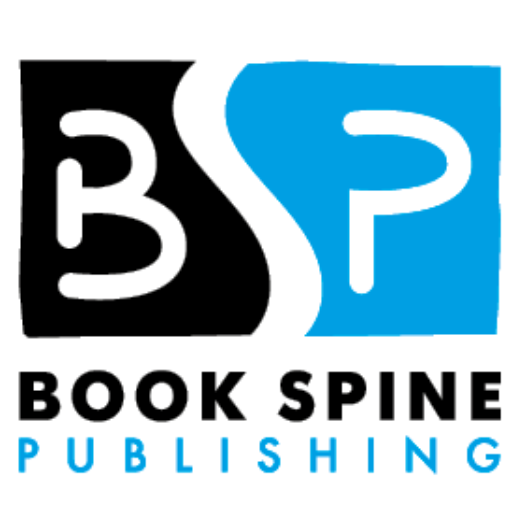Tips on Writing Fiction Novels

Tips on Writing Fiction Novels
Have you been considering a great idea for a while but can’t seem to start it? Or maybe you are writing something down but aren’t sure what is happening or where the writing is going?
In addition to being thrilling and incredibly fulfilling, writing a novel may also feel like an impossible undertaking at times, which can send you into bad areas. Here are some of the greatest suggestions for getting your novel off to a strong start and feeling confident about your next writing assignment:
Allocate Away Appropriate, Consistent Time for your Writing
Establish a stable writing routine, stay fixed to it, and help yourself and your work with respect if you’re committed to doing this. Writing a book is fantastic, but it can also be a struggle at times. If you do not even keep it going, it will entirely disappear. It might be challenging to keep your story in your thoughts so that you start to work quickly and effortlessly; if you take long breaks between writing sessions and write irregularly, you’ll be making life a great struggle for yourself and are much more likely to give up.
What exactly “regular writing time” entails differs depending on the individual. It may be the well-known morning writing session that many people engage in, or it can entail setting aside an hour each afternoon while your child naps or carrying a laptop or notebook on your train trips to and from work. Maybe on a Sunday afternoon you can accomplish 2 to 3 hours but not at all throughout the week.
Lack of time may not be an issue for some people; rather, the difficulty is in organizing your time and determining your priorities. Again, my advice would be to create a manageable and effective regimen. Expecting oneself to be capable of writing nonstop every day might be incredibly intimidating. Instead, schedule brief writing sessions; you’ll probably discover that you can do more that way.
My basic advice is to arrange your writing time as often as you can; follow the plan, and make sure everyone around you is aware of how crucial it is for you to really be able to do so.
Expecting your Words to Come Out Precisely the First Time is Unrealistic
Many individuals begin by writing the 1st draft with great energy and motivation, but after going over it and reading it, they realize it’s not as fantastic as they wish their writing to be, so they just erase it all.
Attempt to be kind towards oneself. If you let your inner critic to rule, you will invest all of your time correcting what you have previously written and never go past the 1st page or 2. It’s easier to keep on and put off looking back for the time being. Once the rest of your tale is completed, you may organize your text and improve the way it reads.
Keep in mind that great novels are created via revision, and very few authors would dare to show people their first unedited work.
Relax and Ease Up When Writing
If the large white screen and flickering cursor scare you, step away from the computer for a bit and try writing by hand in a notepad. Try a few casual writing to loosen up if the thought of writing a novel is making it difficult for you to write. By this, I mean to just give yourself 5 or 10 minutes to jot down anything that comes to mind. Do this without pausing at any point. This helps you prepare for the actual writing by removing the filter that lies between your thoughts and your writing hands.
Using writing suggestions might be beneficial as well. Just choose an intriguing first sentence and follow it to its logical conclusion. You may also compose a short narrative using visual stimuli, such as an arresting picture you saw in the newspaper. Here are a few comments you might wish to try:
● Every evening when he entered through the threshold, he imagined she may be there.
● She was quite small for her age.
● Sam questioned what was included in the box.
● There was no backup plan.
Which genre do you write in? Perhaps one of the two main categories will undoubtedly apply to you when you begin writing a novel. You may read my whole thesis on the subject as well as some of my starting point recommendations.

Discover Your Ideas
Consider "What If" Scenarios
Examine your ideas using “what if” queries after you believe you have created a character who attracts you, a dramatic opening situation, or the general outline of a novel.
For example: A lady is seated by herself in a restaurant, looking dejected. What if a man approaches her and requests a seat at her table? But what if she wishes to be left alone for some unknown reason? Then how will the male respond if she rejects him? What if he believes he has known her for a long time? You may embark on a journey that develops story and storyline by asking “what if” questions.


